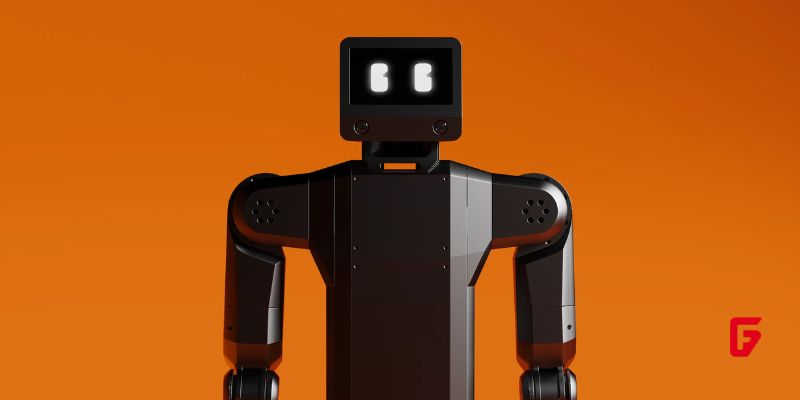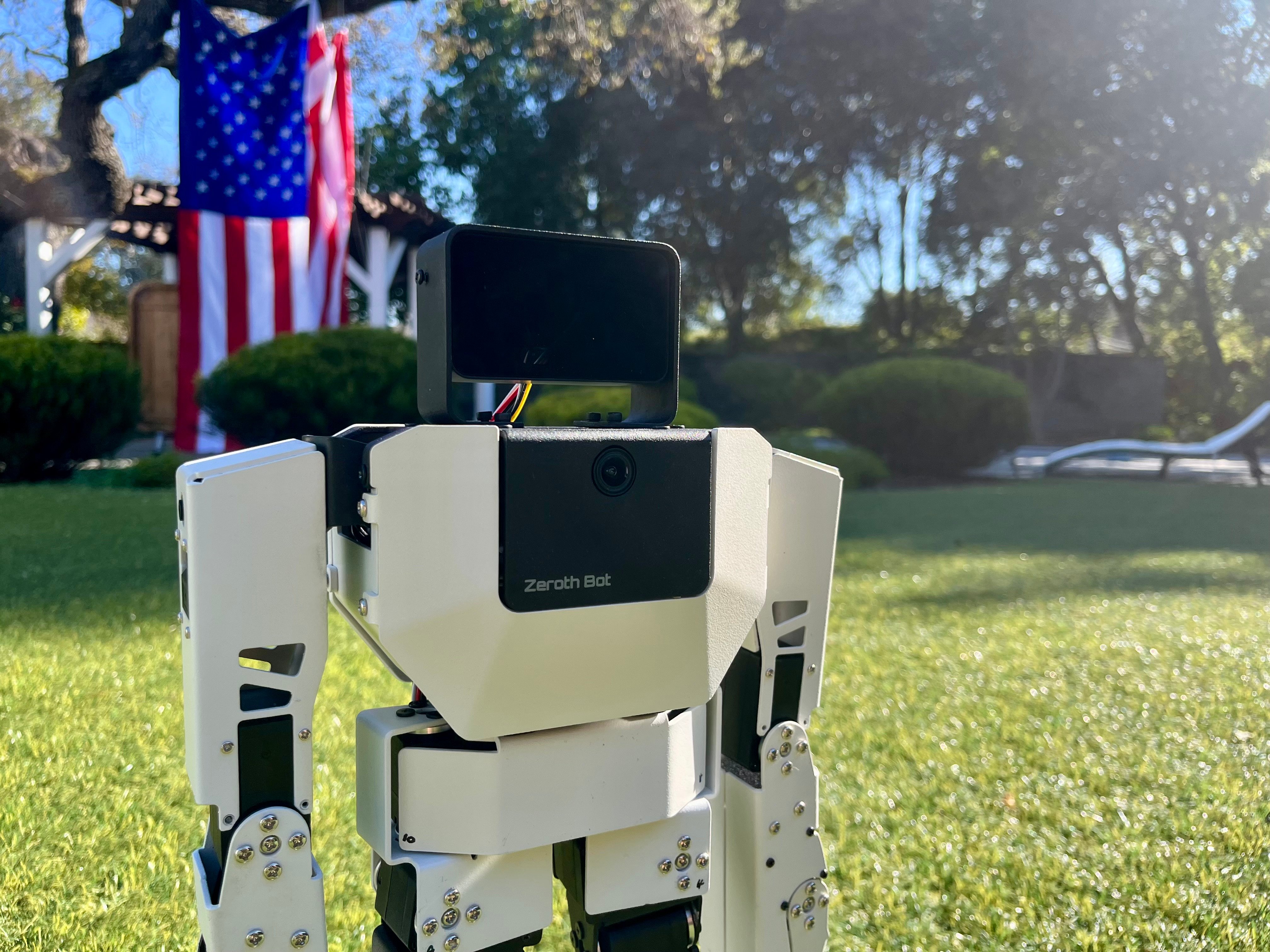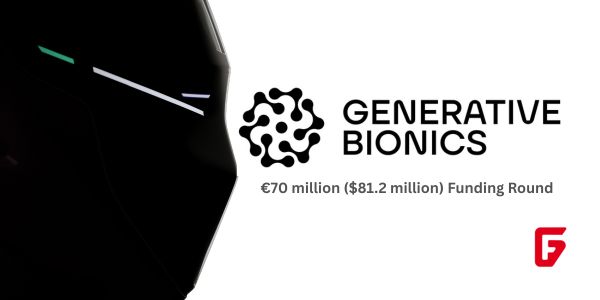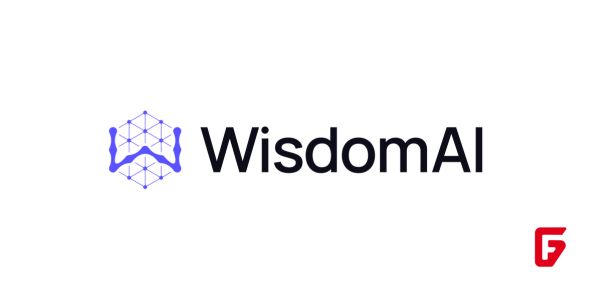
The world of robotics is undergoing a major transformation—and K-Scale Labs is leading the way from a humble garage in Palo Alto. This startup is throwing open the doors of robotics innovation with two compelling entries: the Z-Bot, a compact, open-source humanoid robot priced at an astonishing $999, and the larger, more advanced K-Bot, designed for developers and research teams aiming to push the boundaries of what humanoid robots can do.
For years, building your own humanoid robot felt like a project reserved for well-funded labs or tech giants. K-Scale Labs is changing the story. Z-Bot, the smaller sibling in their lineup, stands about 1.5 feet tall and weighs under 20 pounds. But don’t let its size fool you—under the hood you’ll find 18 powerful electric motors delivering realistic, human-like movement. Its skeleton is built from 3D-printed carbon fiber for strength and lightness, while an onboard suite of sensors—including cameras, depth modules, and IMUs—enables it to navigate and interact with its surroundings adeptly.
Best of all, Z-Bot runs on an open-source, Rust-based operating system. This means students, hobbyists, and developers can customize everything—from the way it understands the world to how it manipulates objects—in a modular, accessible, and fully tweakable software stack. The price point, which undercuts most flagship smartphones, places embodied AI within reach for a new generation of innovators. This philosophy is backed by the company’s open commitment: “Robots should be for all”

If you’re looking for a humanoid that can handle more demanding tasks, K-Bot, starting at $8,999, is where things get really interesting. At 4’7” tall and 77 pounds, K-Bot is engineered around modular, upgradeable hardware that accommodates advanced sensors, compute units, and specialized end effectors. The robot supports a maximum payload of 22 pounds and boasts battery life up to four hours—providing plenty of power for serious experimentation.
K-Bot isn’t just robust physically; its intelligence is expansive. Thanks to reinforcement learning models trained for millions of hours in simulation, the robot can withstand and adapt to challenging, real-world conditions. Its Vision-Language-Action stack allows natural language commands and text-based task execution—imagine instructing your robot to tidy up, fetch an item, or interact with its environment all through conversation.
Progress toward full autonomy unfolds across several planned releases, with early versions supporting basic locomotion, balance control, and app-based commands, and later updates bringing general-purpose task execution and significantly reduced human intervention. The K-Scale OS—also built in Rust—integrates seamlessly with AI models and includes open development tools for customization, debugging, and expansion, all backed by a lively GitHub community.
What really sets K-Scale Labs apart is its commitment to open-source principles—not just sharing code, but inviting collaboration and creative exploration. Both Z-Bot and K-Bot are fully modifiable, repairable, and extensible. Different end effectors and modular upgrades mean you can adapt your bot for tasks from object manipulation to experiments in reinforcement learning. This accessibility is pulling in students, researchers, hobbyists, and even businesses interested in robotics automation.
Founded by Benjamin Bolte—a former researcher at Meta AI and Tesla—K-Scale Labs is backed by a team of hackers and engineers convinced that democratizing robotics will ultimately benefit everyone.
Z-Bot: Open-source, developer-friendly, 1.5-foot frame, $999 MSRP, fully customizable, ideal for educational and hobbyist use.
K-Bot: 4’7”, robust, modular, 22-pound payload, up to 4-hour battery, full-scale autonomy roadmap, advanced VLA intelligence, aimed at researchers and pro developers.
Open-source stacks: Rust-based K-Scale OS, vision-language-action integration, reinforcement learning, and active GitHub repositories.
Modularity: Swappable hands and grippers, simple hardware upgrades, routine self-repair.
Community: Vibrant ecosystem for developers, early supporters gain exclusive access and lifetime benefits.
Both robots are powerful symbols of the shift toward accessible, open, and collaborative robotics innovation. With K-Scale Labs bringing the price and complexity down to earth, it’s clear the future of personal and research robotics is looking a lot more inclusive—and a lot more exciting.

Editorial Team
futureTEKnow is a leading source for Technology, Startups, and Business News, spotlighting the most innovative companies and breakthrough trends in emerging tech sectors like Artificial Intelligence (AI), Robotics, and the Space Industry.
Discover the companies and startups shaping tomorrow — explore the future of technology today.

Generative Bionics, an Italian spin-out from IIT, is building Physical AI–powered humanoid robots to tackle labor gaps and modernize industrial

This article explores 10 AI-driven supply chain optimization companies to watch in 2026, highlighting how their platforms improve forecasting, logistics,

AWS frontier agents introduce a new era of autonomous AI coders that can build, secure, and run applications for days

Explore the cutting-edge ways AI is enhancing Lean Six Sigma, from real-time process insights to predictive controls, ushering in a

Facing supply chain challenges in 2025? High-performing teams leverage AI for risk management, demand forecasting, supplier analytics, and end-to-end visibility

Craft an AI-powered supply chain Center of Excellence that unifies control tower visibility, analytics, and inventory optimization into one strategic

Supply chain leadership is being redefined by AI, intelligent automation, and agentic decision-making, demanding leaders who can engineer end-to-end intelligence

WisdomAI has closed a $50M Series A led by Kleiner Perkins and Nvidia’s NVentures to turn fragmented enterprise data into

Dutch agri-tech startup Saia Agrobotics has raised €10M to expand its greenhouse automation system using AI-powered robots that make farming

Bridgit Mendler’s Northwood Space is pioneering mass-produced ground stations, enabling scalable, high-speed connectivity for the new era of satellite networks

SpaceX aims to nearly double launches from Vandenberg in 2025, facing support from federal agencies but strong objections from the

Traditional Medicare will pilot AI-assisted prior authorization in 2026 across six states, focusing on high-risk outpatient services. Clinicians retain final